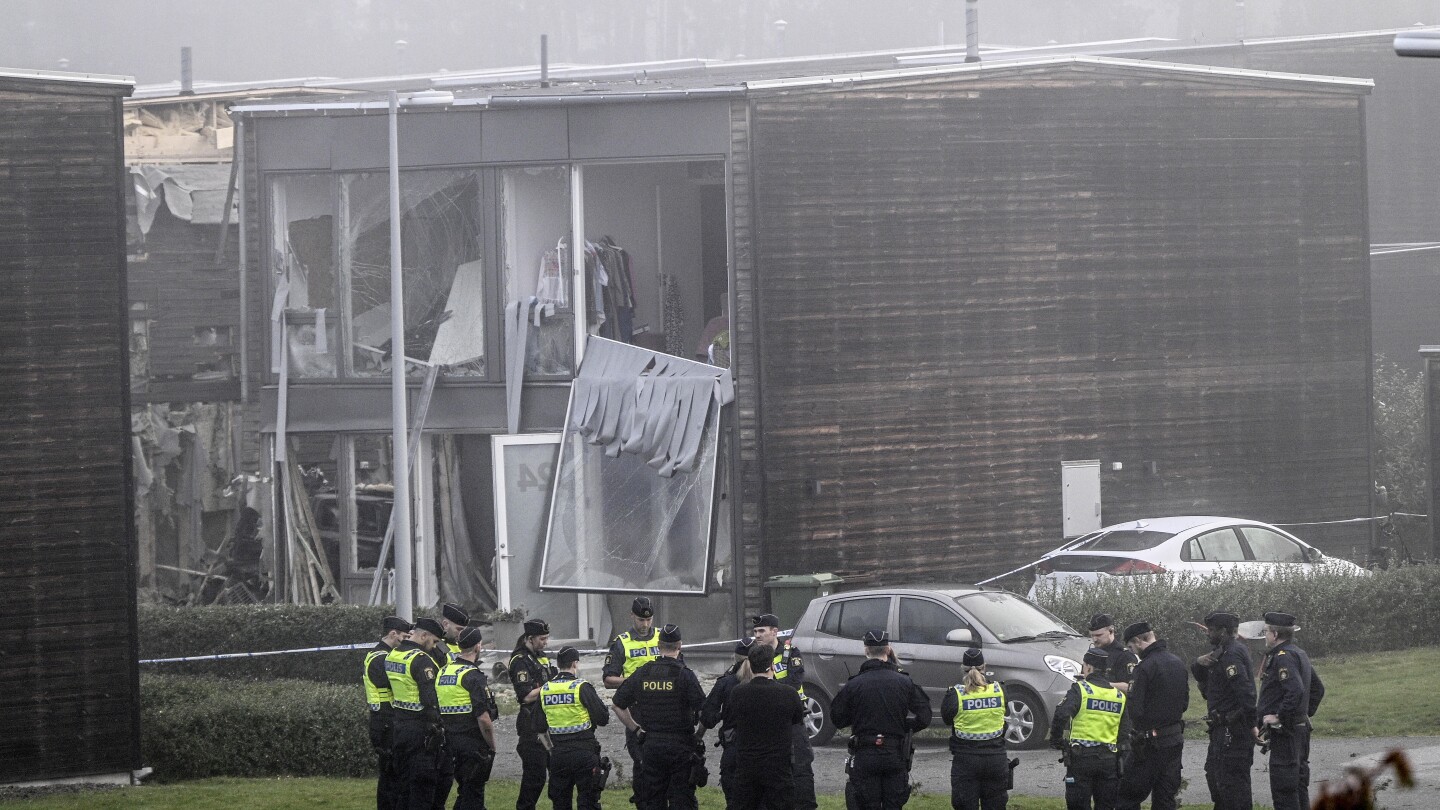Sweden’s prime minister on Thursday said that he’s summoned the head of the military to discuss how the armed forces can help police deal with an unprecedented crime wave that has shocked the country with almost daily shootings and bombings.
Getting the military involved in crime-fighting would be a highly unusual step for Sweden, underscoring the severity of the gang violence that has claimed a dozen lives across the country this month, including teenagers and innocent bystanders.
Prime Minister Ulf Kristersson said that he would meet with the armed forces’ supreme commander and the national police commissioner on Friday to explore “how the armed forces can help police in their work against the criminal gangs.”



I encourage you to read that paragraph again if you think it says anything other when what I have already claimed. Please pay particular attention this part: “The correlation between socioeconomic background and crime is weak”.
Well you’ll have to take it up with those alleged people. Myself and those in this post are not making that argument.
The solutions are complex, and Sweden is beginning to look to Denmark. The first step is to prevent the problem getting worse. This means halting all migration from regions where immigrants demonstrate a higher per capita rate of crime. Clearly their cultural values are incompatible with Sweden. Secondly, ghettos are causing major issues in Sweden. Denmark prevents the formation of ghettos by limiting the proportion of refugees by region in any single area. Refugees are encouraged to integrate by being placed into Danish neighbourhoods. This encourages refugees to learn the language and adopt Danish values. This is crucial for integration. Finally, more demands must be placed on refugees. In Denmark, refugees must complete gates, including learning Danish, and finding a job. There are consequences for failure to comply. Sweden has no such obligations on refugees. Or at least, they did not until recently.
Despite Sweden investing more into integration than arguably any other country on Earth, their outcomes are poor. So the issue isn’t about resources. It’s about compliance. Their method isn’t working and it’s time they start imposing obligations on refugees.
You and I read the same conclusion. You took out the single part that supports your claim and ignored the rest. The whole study is about how socioeconomic status related to crime and that the factors and explanatory models are varied with no consensus among researchers. The idea of the correlation being weak is that you cannot predict criminality risk with only socioeconomic. Instead, the chain of cause and effect is much more inderect and nuanced. Look at this paragraph:
You are misreading it and possibly misinterpreting what a correlation entails. If I wanted to predict the criminal risk for a person, I cannot rely on socioeconomic alone. That, however, does not mean that socioeconomic reasons don’t contribute to this, and if that was part of your conclusion then I think you are seriously misinterpreting this meta study…